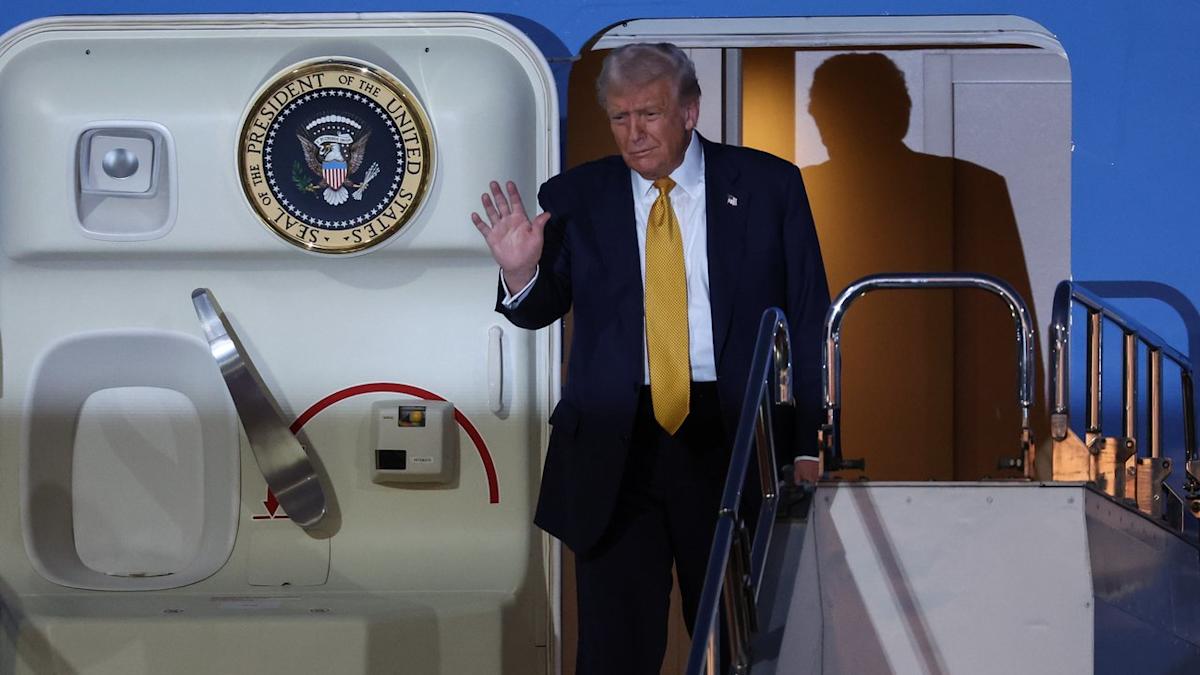Stocks rallied early Monday on hopes that the U.S. and China were nearing a trade agreement, following comments from President Donald Trump that Washington and Beijing were poised to make a deal.
The S&P 500 rose 0.9% in early trading, while the Dow Jones Industrial Average and the Nasdaq also gained. U.S. and Chinese officials said they reached agreements on contentious points including export controls, fentanyl, rare earths, and shipping fees over the weekend, teeing up a meeting between Trump and Chinese President Xi Jinping this week. Speaking on Air Force One early Monday between stops in Malaysia and Japan, Trump said: “I have a lot of respect for President Xi, and we are going to come away with the deal.”
Speaking with CBS on Sunday, Treasury Secretary Scott Bessent said Trump’s previous threat of 100% tariffs is “effectively off the table” after talks with Chinese officials. And speaking to ABC, he added that the two sides had reached a “substantial framework” for a deal.
He also said the negotiations, held on the sidelines of the Association of South East Asian Nations (ASEAN) summit in Malaysia on Sunday, include “a final deal” on the sale of TikTok’s U.S. business.
Bessent said he expects part of the trade truce will see China start buying substantial amounts of soybeans from the U.S. after moving to buy them from Argentina and Brazil instead in recent months.
China bought $12.6 billion of soybeans last year, but has turned to South American imports this year. That has hit U.S. farmers, who are struggling with lower prices and waiting for government aid.
Bessent told ABC that U.S. soybean farmers “will feel very good about what’s going on both for this season and the coming seasons for several years.”
Trump is partway through a five-day tour of Asia that, according to the White House, will culminate with an in-person meeting with Xi in South Korea on Thursday. China not yet confirmed that the two will meet.
Li Chenggang, China’s top trade negotiator, said the two sides had arrived at a “preliminary consensus.”
“The U.S. position has been tough, whereas China has been firm in defending its own interests and rights,” Li said through an interpreter. “We have experienced very intense consultations and engaged in constructive exchanges in exploring solutions and arrangements to address these concerns.”

